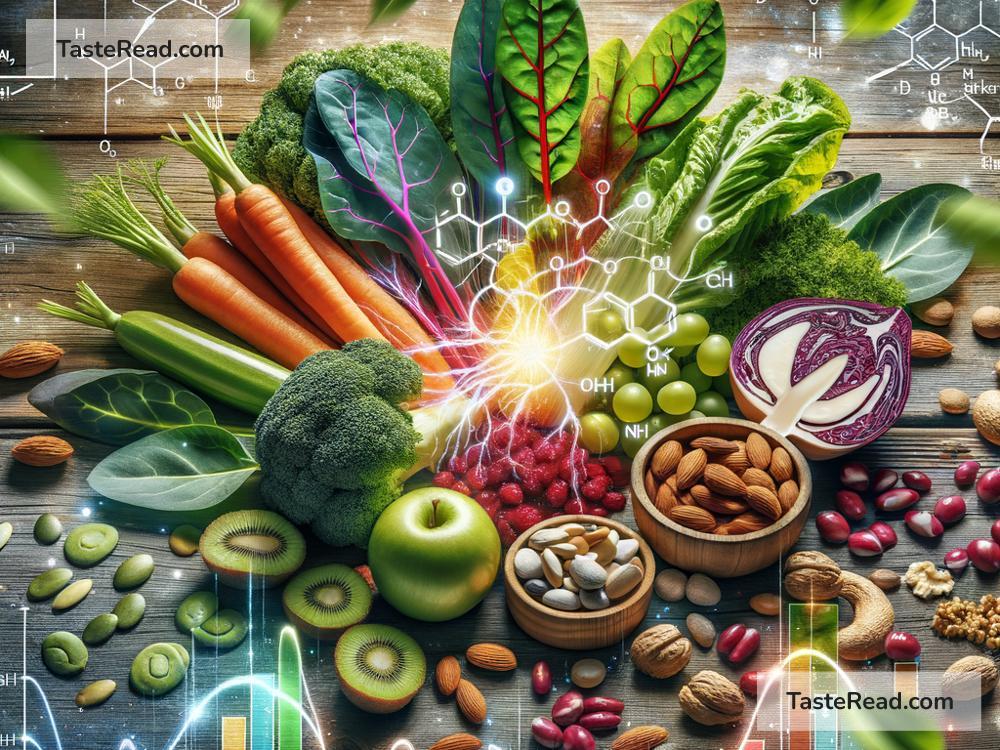The Role of Vitamin B19 in Metabolic Health
Vitamins are essential nutrients that help our bodies function properly. Most people are familiar with popular vitamins like Vitamin C, Vitamin D, or Vitamin B12, but today we’ll focus on a lesser-known vitamin: Vitamin B19. While it isn’t as well-known, this vitamin plays an important role in our health, particularly in how our body processes energy. In this article, we’ll explore what Vitamin B19 is, how it helps metabolic health, and how to ensure you get enough of it.
What is Vitamin B19?
Vitamin B19, also known as folinic acid, belongs to the vitamin B family. Our bodies need the B vitamins to convert food into energy, keep our nervous system healthy, and support cell functions. Folinic acid is closely related to folic acid, which is another B vitamin (Vitamin B9). However, Vitamin B19 is a more bioactive form, meaning the body can use it more readily without needing extra steps to process it.
This vitamin is involved in several critical processes in the body, such as DNA formation and repair, cell growth, and the production of new cells. Because of these roles, it is sometimes referred to as a “support vitamin” for metabolism, immunity, and overall cellular function.
How Does Vitamin B19 Help Metabolic Health?
Before diving into its metabolic benefits, let’s talk about what “metabolism” means. Think of your metabolism as your body’s engine—it takes the food you eat and turns it into energy so you can walk, breathe, think, and do everything else you need to survive.
Vitamin B19 supports metabolism by promoting the efficient use of nutrients in your body. Here’s how it helps:
-
Supports Energy Production:
Vitamin B19 is essential for chemical reactions that convert carbohydrates, proteins, and fats from food into usable energy. Without enough B19, your body might have trouble producing the energy it needs, leaving you feeling tired or sluggish. -
Aids DNA and Cell Repair:
Your cells are constantly repairing themselves and making new ones to replace old or damaged ones. Vitamin B19 plays a key role in helping cells function properly, repair damage, and divide as needed. This process is essential for keeping your metabolism running smoothly. -
Boosts Immunity:
A healthy metabolism supports a strong immune system, and Vitamin B19 contributes to this. It helps ensure that your body’s immune cells work as they should, protecting you from infections and illnesses. -
Balances Homocysteine Levels:
Homocysteine is an amino acid that can build up in your blood if your metabolism isn’t working well. High levels of homocysteine are linked to heart problems. Vitamin B19 helps break down and regulate homocysteine levels, keeping your heart and metabolism healthier.
How Do You Get Vitamin B19?
Unlike some other vitamins, Vitamin B19 isn’t found in many common foods. However, your body can convert folic acid (found in food and supplements) into folinic acid, giving you the benefits of Vitamin B19. To ensure you’re getting enough folic acid, aim to eat foods that are naturally rich in it, such as:
- Leafy green vegetables (like spinach and kale)
- Broccoli and Brussels sprouts
- Beans and lentils
- Citrus fruits (oranges, lemons)
- Whole grains
In some cases, people may need to take supplements to boost their Vitamin B19 levels. This is especially true for individuals with specific health conditions that affect how their body absorbs or processes vitamins. If you think you may need a supplement, it’s best to talk to your doctor.
Signs of Vitamin B19 Deficiency
When your body doesn’t have enough Vitamin B19, it can lead to problems with metabolism and energy production. While deficiencies are rare, the symptoms can include:
- Fatigue or feeling unusually tired
- Difficulty concentrating (“brain fog”)
- Weakness in muscles or lack of physical strength
- Digestive issues, such as nausea
- Mood changes or irritability
A deficiency can also increase your risk for more serious problems, like heart disease or anemia, because of its link to homocysteine regulation.
Should You Be Concerned About Vitamin B19?
For most people, getting Vitamin B19 isn’t difficult if they eat a variety of healthy foods. However, some people may be at greater risk for deficiencies. These include individuals with poor diets, digestive disorders (like Crohn’s disease), or those taking certain medications that affect vitamin absorption.
Pregnant women in particular need to pay attention to their folic acid intake, as it supports the development of the baby and reduces the risk of birth defects. Folinic acid (Vitamin B19) is sometimes recommended as an alternative to folic acid for those who cannot effectively metabolize it.
Final Thoughts
Vitamin B19 may not be the most famous vitamin, but its role in metabolic health is undeniable. It supports energy production, cellular repair, and immune function, making it crucial for keeping your body functioning at its best. By eating a balanced diet filled with healthy, folic-acid-rich foods, you’re giving your body the tools it needs to convert folic acid into folinic acid (Vitamin B19) and maintain a healthy metabolism.
If you think you might need more Vitamin B19, whether through diet or supplements, consult with a healthcare professional. With a little effort, you can keep your body’s metabolic engine running strong and enjoy better health overall.


